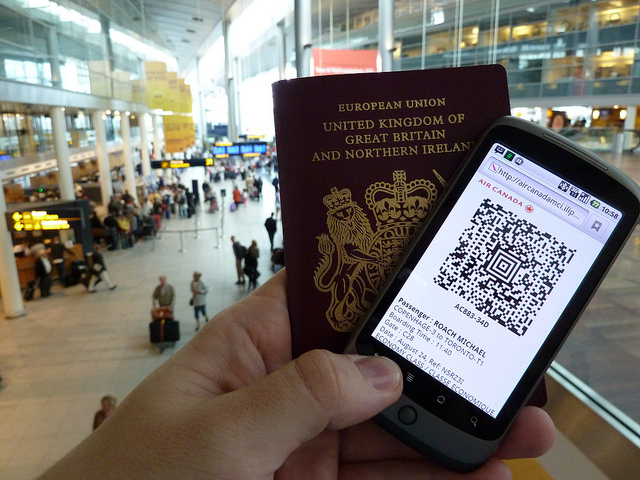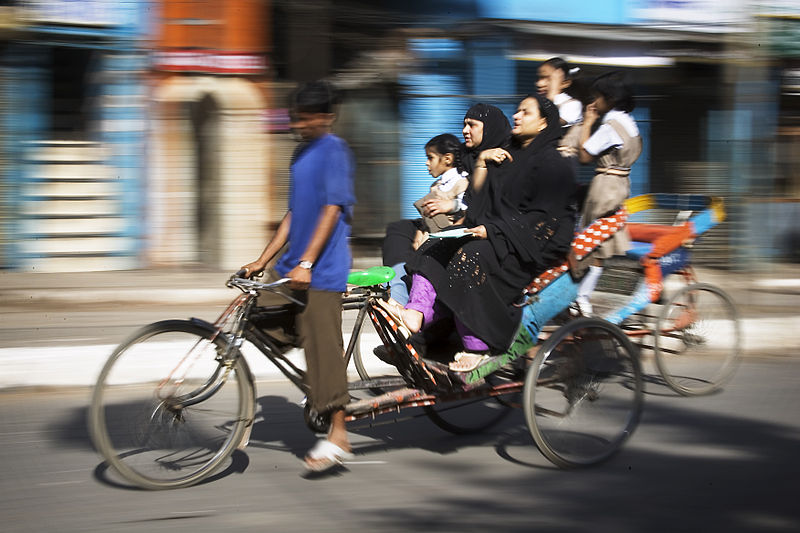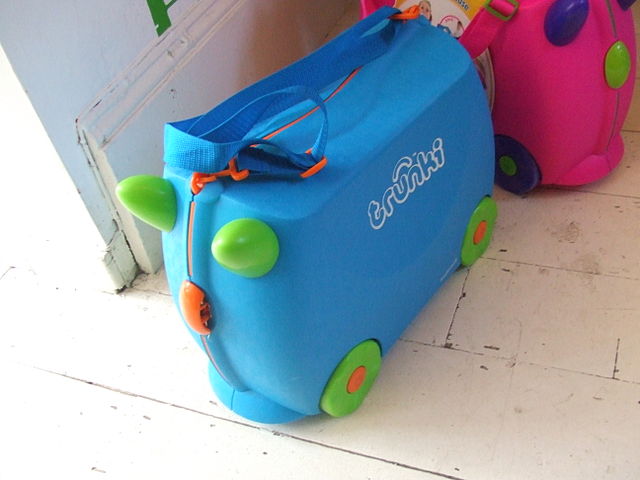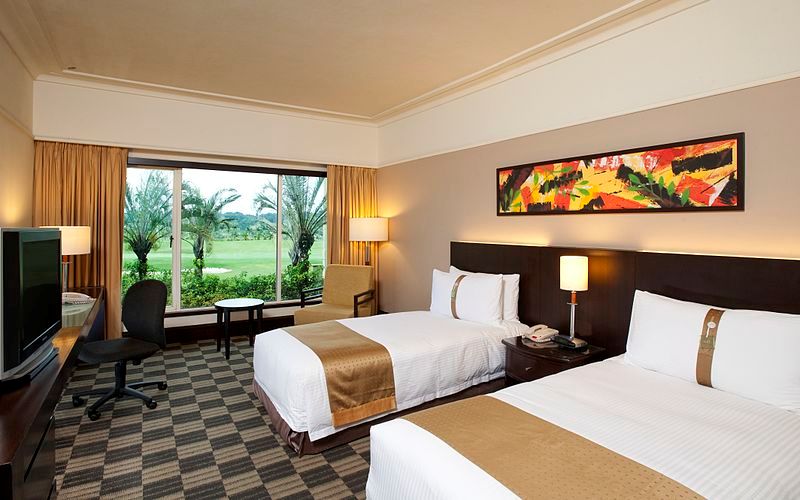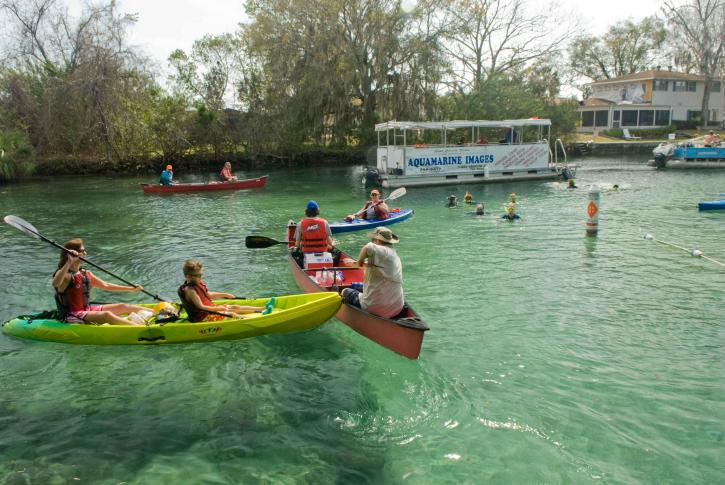They say everything changes when you have children. This is true for some, and not so much for others. But one thing is for sure: the way you take your vacations will most certainly need adjusting. Read on to find out all you need to know about the beautiful, complicated, frustrating, and rewarding aspects of traveling to Africa with kids.
Stay on top of your documentation
It is very important to find out exactly what documentation your destination requires if you plan to bring children there. If only one parent is travelling with the kids, you may be required to bring proof of consent for travel from the childrens’ other parent. Adopted kids may also need their adoption documents carried along. This is usually done to curb child trafficking and/or unauthorized adoption, and may be exacerbated if your last names differ, or there is little resemblance between you and your kids.
Be aware of immunizations and health concerns
Many countries in Africa require a number of immunizations before visiting. Consult your pediatrician about the health implications for individual children. And during your visit, always have sanitizing products on hand, especially in places where water is sparse. Though there is nothing potentially fatal kids can get from touching items and surfaces, they can get routine bugs like the flu and colds, so keep an eye on those little hands and clean them regularly! Most hotels in malaria-prone areas will provide mosquito nets – use them. And bring a supply of motion-sickness pills and anti-diarrheal remedies in case kids with sensitive stomachs get car sick or eat something that doesn’t agree with them.
Travel when the weather is most mild
Children are generally more sensitive to extreme African temperatures than adults. While heat and the risk of dehydration are major issues, cold seasons and chilly areas can be just as harmful, and rain can ruin the best-laid vacation plans. A quick online search will let you know the best time to travel to your destination based on existing weather patterns. Some seasons see an increase in disease-spreading bugs (like mosquitoes in the rainy season), so do plan accordingly.
Be safety-conscious, but not paranoid
Most tourist zones in Africa are generally safe: the majority of crime is motivated by the immediate need for money–meaning items that can easily be re-sold like jewelry and electronics are the ones most commonly stolen. So keep your valuables hidden, whether you are out and about, or in your hotel. Though kidnappings and murders often make the news, they are statistically VERY unlikely and you should not fear that your family will be targeted if you stay on the beaten path. That said, do keep an eye on your children lest they wander off in unfamiliar territory. Young children are generally not allowed on safari lest they accidentally provoke wildlife and create an unsafe situation, and older children are instructed by guides on how to behave.
Choose the quickest mode of transport
Try to plan ahead and avoid long road journeys, which may prove either too boring or too hectic to navigate with cranky little ones in tow. However, if your vacation destination is rather remote and only accessible via hours of travel, pack something to keep the kids entertained.
Consider a family-friendly destination
Many destinations in Africa offer family-themed vacations, guaranteed to be exciting not just for grown ups, but tailored for kids as well. If it’s not indicated, you can call up your hotel yourself and see what options they have for your kids. Vacations can be fun and educative for children, with the opportunity to make new friends and enjoy an experience suited to their interests, outside of boring grown-up things.
Pack light
Try to pack as lightly as you can: travelling is enough of a hassle without lugging around heavy bags and trying to keep an eye on excited little ones at the same time. On the other hand, many destinations offer extra help with bags, just for the price of a small tip. Your kids can be encouraged to pack their own bags, but do keep an eye on them to prevent them from throwing in unnecessary items, or not remembering things they will need. Also remember to pack for your destination: lightweight cotton for hot areas and warm layers for colder trips.
Be vigilant about food and water
When on vacation, it’s always a safe bet to only drink water from reliable sources. In Africa, this is no different. Outside of major cities limit your children to bottled water, and make sure they don’t use ice cubes in their drinks either. Try to stick to major brands only, as some locally produced bottled water may be of dubious origin. The same goes for food: avoid street food where possible. You may be able to take it but tiny delicate stomachs may not react very well.
Accommodation
Most hotels will make adjustments to make sure you and your little ones can sleep comfortably, usually by providing extra beds, cots where applicable and so on. Make a point of specifying how many children you’ll be bringing along, and find out if there will be extra costs for small children sharing rooms with each other or parents, and clarify exactly what kind of sleeping arrangements you had in mind.
Experience the Culture
Encourage your kids to participate in activities provided by the hotel or recommended by tour guides, and be sure to capture precious moments on camera. A visit to Africa is a great way to widen your children’s horizons and let them experience a different culture, a learning experience all around. Don’t forget to take home souvenirs!
Related content on AFKTravel:
Bring The Kids!: 15 Fun Family Things To Do In Marrakech
15 Things To Do With Kids In Egypt
Tropical Family Adventure: 15 Fun-Filled Kids Activities In Mauritius
Want to discover the finer side of Africa? Sign up for our weekly newsletter.
